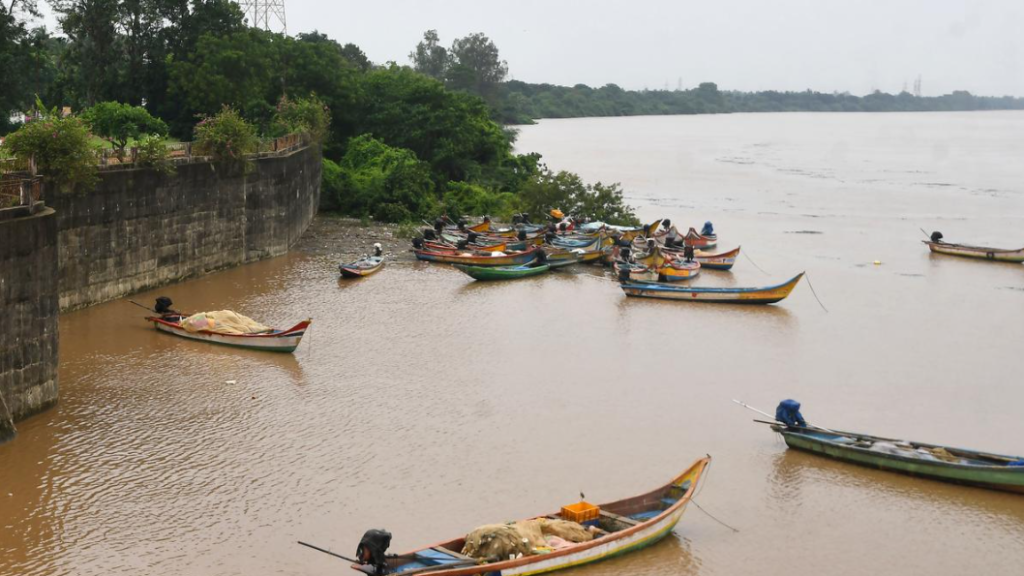Surface modification of membranes can be a promising approach to overcome challenges of frequent membrane replacement and cost-effectiveness of filtration processes, say researchers

Indian Institute of Petroleum & Energy (IIPE), Visakhapatnam, in association with other research institutions, have found an effective eco-friendly solution ‘Surface Modification Technique of Membrane’ to resolve the problems associated with water treatment at various levels, particularly for muddy river water.
Researchers of Assam Science and Technology University in Guwahati, Gauhati University, Pragjyotish College, and Institute of Advanced Study in Science and Technology have joined the IIPE team in the research. The findings have been published in the “Nature Scientific Reports” journal titled “Role of Plasma Process Gas on Permeate Flux Augmentation of Cellulose Nitrate Membrane for Mud Water Treatment.” The IIPE has funded the research through an Institute Research Grant.
Water pollution has emerged as a major issue in rural and urban areas as its quality gets affected due to contamination with sludge, riverbed sediments, waste residues and other pollutants.
“The new technique is beneficial for water treatment in industries such as pharmaceuticals, food processing, textiles and biotechnology among others. It also helps in environmental monitoring,” said Dipankar Pal, Assistant Professor of Chemical Engineering, IIPE.
Muddy water reduces oxygen levels, blocks sunlight and carries pollutants, leading to habitat degradation, species displacement and waterborne diseases. “Now, we have made innovative breakthroughs in water treatment technology,” Prof. Pal told The Hindu.
Prof. Pal explained that membranes are widely used for the filtration of contaminated water in various industries. Despite their effectiveness, the main concern with membrane filtration is the life span and the frequency with which they need to be replaced. Membrane replacement can be a significant cost factor and it affects the efficiency of the filtration process.
“Surface modification of membranes can be a promising approach to overcome the challenges of frequent membrane replacement, the lifespan of membranes, and the cost-effectiveness of filtration processes across various industries, making them a key focus of research in the field of water purification,” said Ankit Rawal, a research scholar at the Chemical Engineering Department of the IIPE.
“This technique is eco-friendly. It utilises non-toxic gases. It reduces the need for harsh chemicals or solvents in surface modification processes, minimising environmental impact,” Mr. Rawal said.
IIPE Director Shalivahan and Dean (R&D) K. Vijaya Kumar said that the institute was giving a priority to such research activities.
Article Credit: thehindu